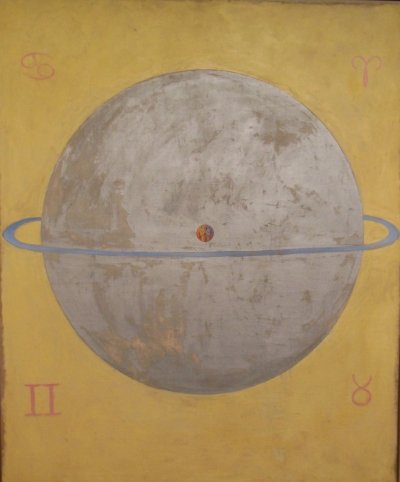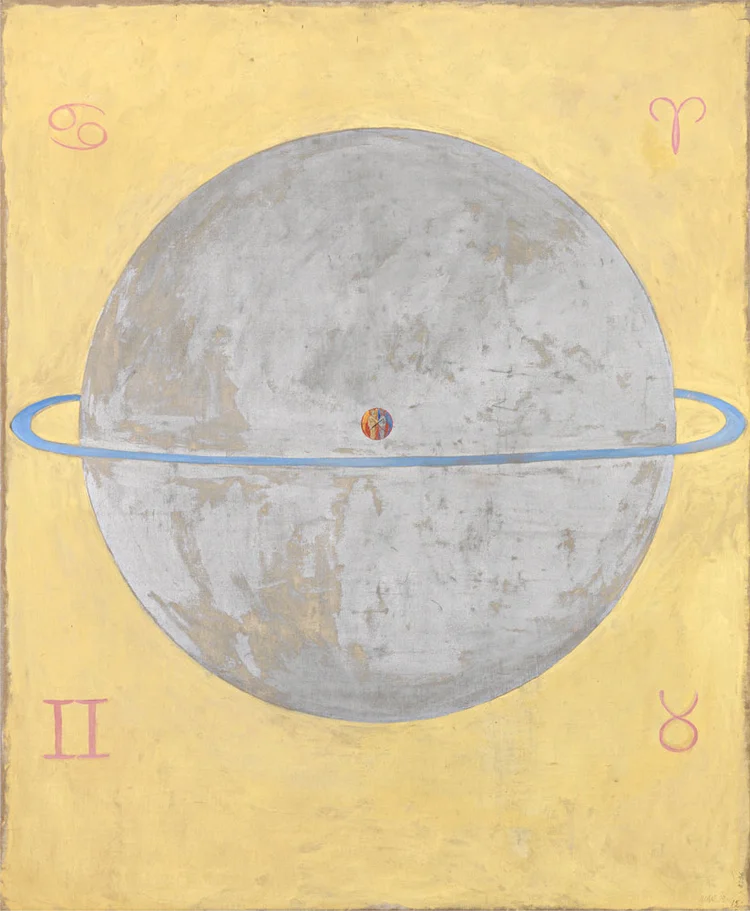The astrological constellation is not like a game where the figures are still in starting positions. It is more akin to a card game: the cards were already mixed and the hands dealt. The game reached its high point. Perhaps important figures are missing, others are in a bad position. There is no arguing. Fate hands out the lot.
The question is what we can hope to gain from an interpretation. Is it important to know whether the game will be won or lost? Basically, in the end everyone is losing. The last move will not be ours. This mirrors the the thought of him who said it would be best not to be born.
Also the chess game does not end with a win or loss. It ends with the figures being removed from the board and put in a box. Not win or loss, something else remains - the memory of threads woven together, of a melody that resonates. It is not just Scipio that stays in our mind. It will always be Scipio and Hannibal. In eternity, one could not be without the other. It is not the last move that counts but the game in its entirety.
From a different angle life is akin to a game of solitaire where you cannot change the cards being dealt to you but which do allow certain combinations. The lone player tries to assort the lot and to further it if successful. A promising position can be ruined, an unpromising one can succeed with an unexpected turn.
Surely, that also can be seen as unalterable fate. The argument between freedom and fate pervades all levels. Neither win nor loss can be influenced by astrological insight. It can give diagnosis and prognosis but no advise. Someone living studiously according to his horoscope would be like a student sticking to a set outline. He always would stay a student. Mistakes belong to life like shadow to light. And beside, knowledge of the fateful hour does not undo the grip of fate. A thought that fascinated Schiller and Shakespeare. Caesar and Wallenstein were warned.
After all these reservations the question is what one can expect from an astrological reading at all. It may seem dispensable if it cannot change or better anything, questionable even if something unalterable is signaled. This leads to the question why there should be such a desire for it.
Like any desire it is an expression of discontent. It points to the quest for a complementary factor that is necessary so that the game becomes meaningful. This role is filled by the astrologer who, while not changing anything, can instill this confidence.
Ernst Jünger, 'An der Zeitmauer', 1959 (translation C.C.)
Ernst Jünger (1895-1998), German writer


